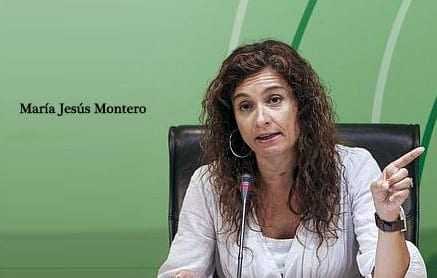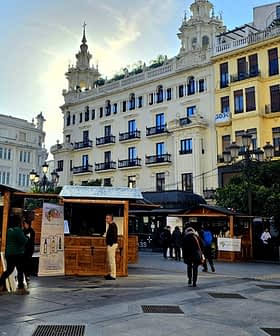The Andalusian Government is under harsh criticism from Spanish consumers, producers and journalists for failing to conclude an olive oil fraud investigation now nine months old.
The formal inquiry by the regional department of health began last November after analyses of 24 batches of olive oil on sale in Jaén and Córdoba indicated that, in 15, the contents were inferior to what was indicated on the labeling. In most cases this involved a lower quality oil being sold as extra virgin olive oil or virgin olive oil.
Last week Health and Consumer Affairs Minister María Jesús Montero announced that, while the inquiry was still underway, the investigators had found that in most cases the problem was not one of fraud but of poor preservation.

“The majority of the businesses have been able to show that at the time of bottling, the products were in the condition indicated in the labeling,” Montero said. According to Spanish newspaper El País, the minister went on to explain that, like wine, olive oil lost organoleptic qualities if not transported and stored in appropriate conditions including stable temperatures. She said the anomalies detected suggested the shortcoming lay in the distribution and sales chain.
“We are thinking of a campaign to advise consumers on how to check that the bottle they have selected for purchase has been correctly preserved,” she said. Montero refused to name the brands being investigated until the end of the inquiry.
Industry groups reacted angrily, saying the Minister’s comments, far from providing clarity, had created confusion and shown a failure to take seriously the possibility of fraud.
Rubén Sánchez, spokesman for consumer group Facua, told Europa Press that he could not understand why the inquiry was taking months when tests could be done in a matter of hours. He said that consumers deserved prompt and clear details of the results of the tests.
Secretary-general of agricultural union COAG-Jaén, Rafael Civantos, said he was astounded not only that it had taken nine months to get some information – after repeated calls for it from COAG – but that the message had been that it was not fraud, just incorrect preservation. “The government needs to take this matter, which equally affects agriculturalists and consumers, seriously. Furthermore, it needs to explain in detail the results of its testing.” Civantos also demanded that the names of the brands under investigation be made public.
Journalist Ginés Donaire, whose beat with El País includes the olive oil sector, tweeted on July 7, “Seven months have passed and the regional government is still yet to make public the names of the companies involved in the olive oil fraud. Who is it protecting?”
Last week, after Montero’s announcement, he tweeted: “If there’s no oil fraud, who’s going to pay for its deterioration on the shelves. Were nine months of investigation necessary for this?”








